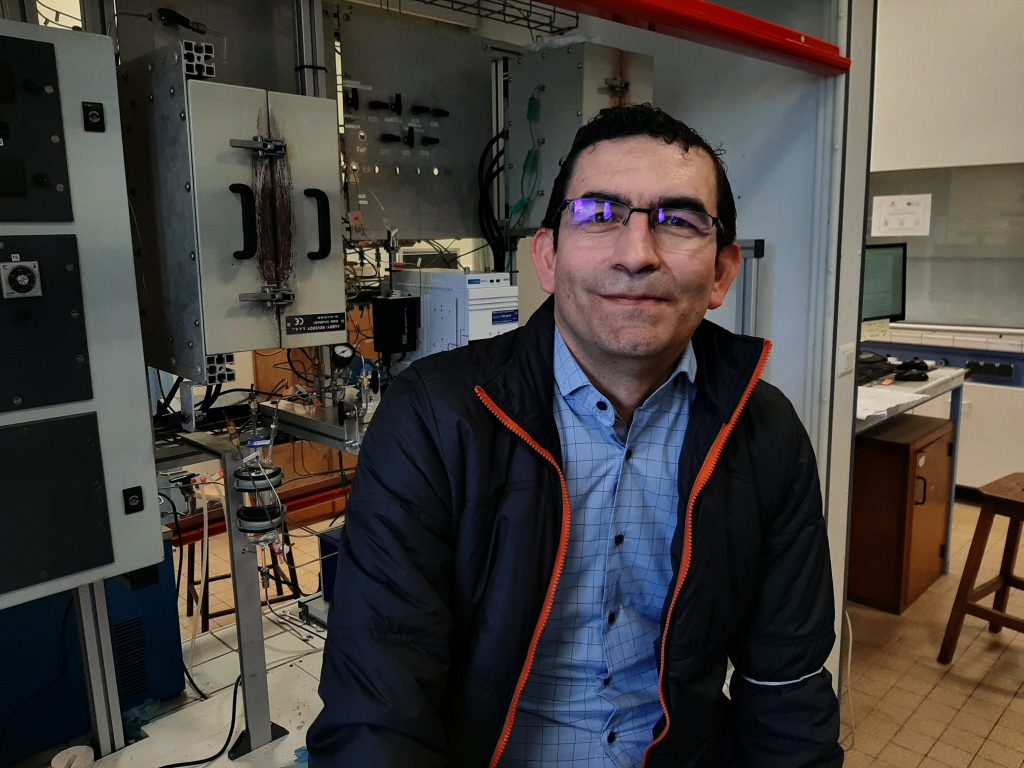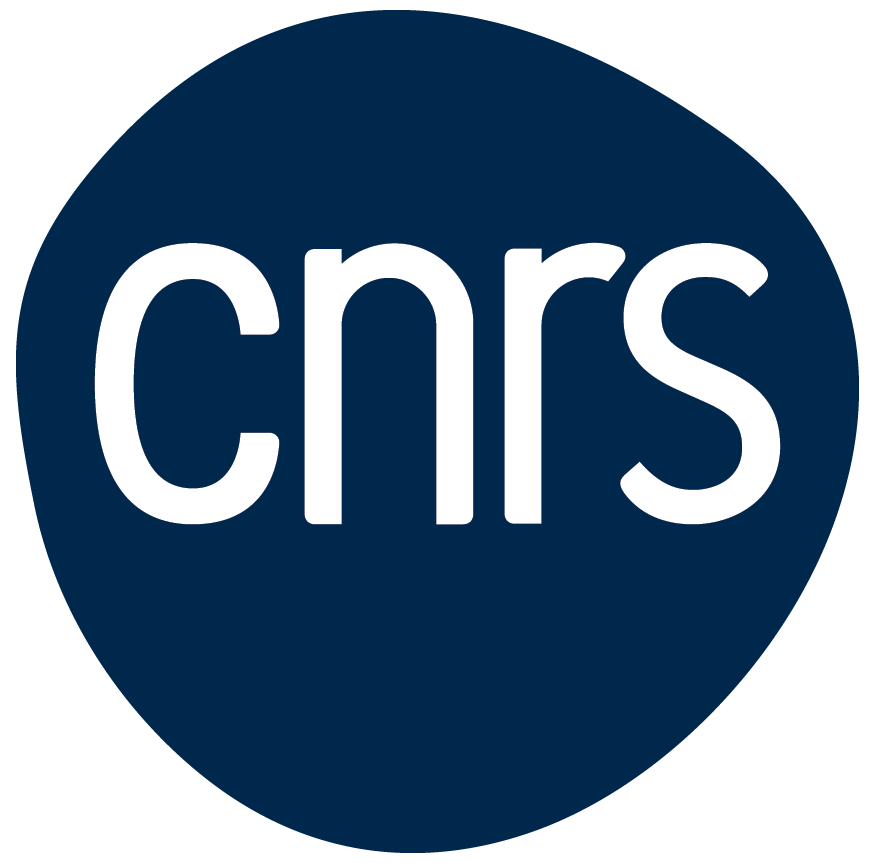Dans le cadre d’un projet ECOS-Nord, Catherine Especel et Gwendoline Lafaye (équipe SAMCAT) ont accueilli début octobre 2022 le Professeur Luis Alejandro GALEANO, de l’Université de Nariño en Colombie.
Who are you?
Luis Alejandro GALEANO. Colombian, from Barranquilla (born), then Bogotá (grown up), to Pasto (southwest border, currently). Teaching inorganic chemistry since 2005 at Universidad de Nariño; leading Research Team on Functional Materials and Catalysis (GIMFC) at the same University since 2006 (http://gimfc.udenar.edu.co/).
What are you doing?
My research focuses on the application of catalytic AOPs on treatment of surface and wastewaters. Treatability of former ones is interesting to find out the true potential of these technologies enhancing both NOM removal and disinfection in the production of drinking water. In the other hand, the treatability of leachates of landfill, industrial, and domestic wastewaters by combined strategies (e.g. physicochemical/AOPs), and statistical approaches of process optimization, as well as the development of novel nanocatalysts for different applications.
Why are you at IC2MP?
We are starting a mobility project together with Profs. Gwendoline LAYAYE and Catherine ESPECEL of Université de Poitiers, sponsored by ECOS-NORD and MinCiencias (Colombia) project: Low-cost metal clay catalysts for the selective hydrogenation of biosourced succinic acid to valuable products. IC2MP pursues common goals with our group in the field of Environmental Catalysis, displaying one of the world’s top capabilities in the development and catalytic assessment of new functional materials. I believe we may together get new clay-catalysts showing excellent catalytic performance to provide added-value products from abundant biomass resources, within the following couple of years.
What do you prefer in France (or in Poitiers)?
Friendly and open minded people over the average, safely crossing streets with cars taking always care of people, best bread all around the world, and of course, the tapenade d’olives noires!
Thank you Professor GALEANO!
Informations complémentaires


